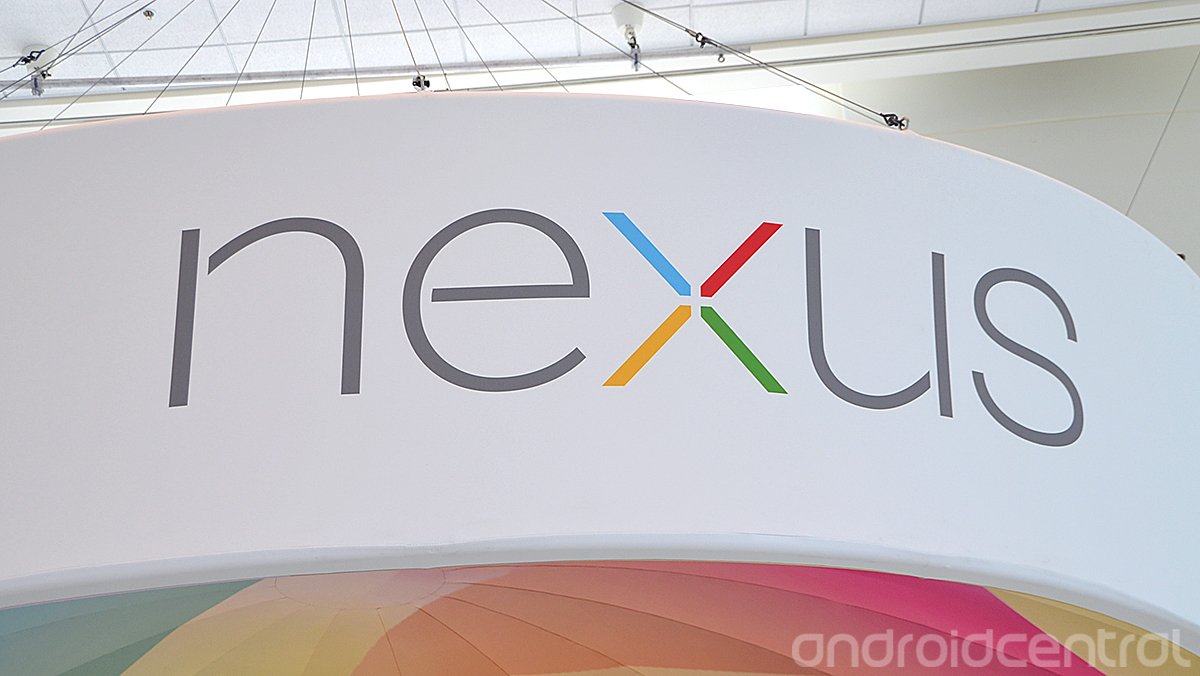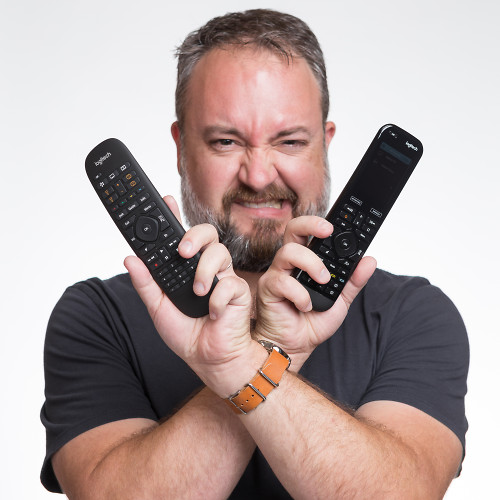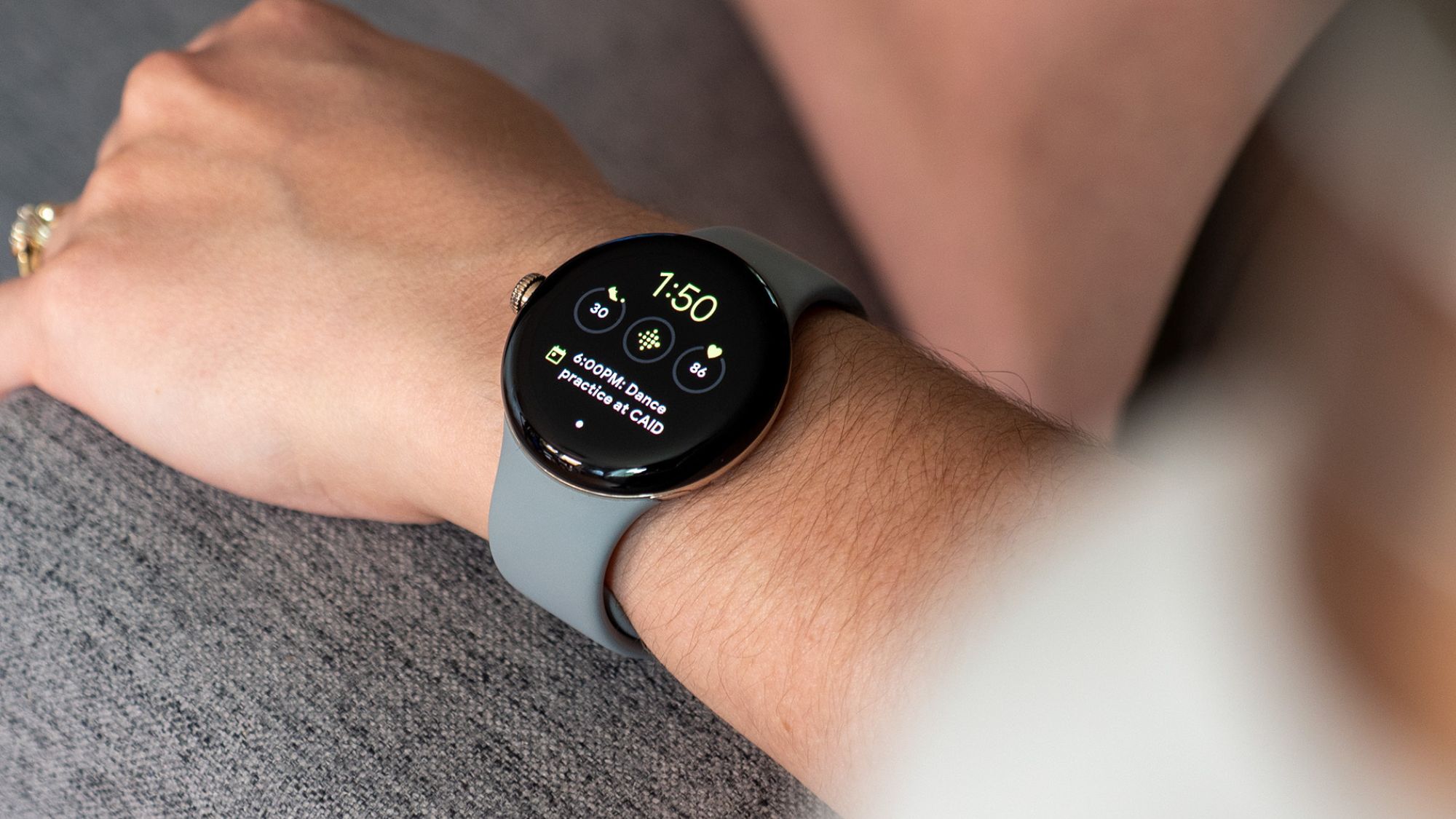The Galaxy Nexus Ban - this, too, shall pass

It was a hell of a way to end the day, and a hell of a way to wake up. The Samsung Galaxy Nexus has been "banned." As of this morning, the holiest of holy days Americans can celebrate outside of a house of God, a day that celebrates slipping the shackles of tyranny, the Galaxy Nexus remains "banned." That we're even mentioning its name -- let alone still giving them away out of contempt as much as generosity -- almost makes it seem like we're sneaking smokes in the bathroom.
Nothing could be further from the truth.
You're seeing headline after headline about the ban. Process stories, really. Apple files suit in February. Samsung argues back. Apple wins an injunction. Samsung appeals. Loses. Judge upholds the ban. Apple posts a nearly $96 million bond, which it will forfeit if Samsung ultimately is vindicated. Google says it has a fix. The GNex no longer is shipping from Google Play. These are not unimportant stories. But the sheer number of them only goes to reiterate the glacial speed at which the court system -- let alone patent cases -- moves.
It's tiresome. It's confusing. It defies the laws of rational thinking. (You can really patent the way a computer searches for something? OK.) There are certainly arguments to be made on both sides of this story, but tell that to Samsung. Tell that to current owners of the Galaxy Nexus. Tell that to anyone who was considering the GNex but now sees all these scary headlines.
Something needs to change in the process. I don't know what. I publish words and pictures and videos for a living; I don't write patent law. But I do believe that what's been going on inside the bar for the past couple years is not doing anything to increase innovation. It's not helping to create better products. It's not doing anything to bolster competition. The act of outright "banning" of a product as a means of temporary relief needs to change. For companies like Apple (and Samsung, too), it's not about the money. They both have a lot of that. It's about the win. Protecting intellectual property is important. And if one company infringes on another, relief is in order. Damages should be due. Part of the problem is that the courts admittedly can't put a dollar figure on this sort of thing. When you hear the phrase "irreparable harm," it means that while the court finds a product to be infringing on a patent, and that such infringement will take money away from one company, it doesn't have precise numbers to back that up. How many Galaxy Nexuses were sold instead of iPhones? There's no way to know.
If there's a silver lining here, any sort of hollow victory, it's that this, too, shall pass. Some 1 million Android devices are being activated every day. (OK, maybe fewer since this ban thing.) But it's not like all the smart people at Google suddenly threw up their hands and left the room. This is a software issue. And software, whether or not we believe it should be in this case, can be changed.
I'm still excited for Android. Coming out last week's Google I/O conference, and using Jelly Bean on the Galaxy Nexus for a week now, I'm as excited as ever. There's no reason anyone shouldn't be. We've got new software to explore. We've got a new Nexus tablet to use. And Google's starting to overreach into the home entertainment field with the Nexus Q, and that's a good thing. Google will figure out the software side of things, of that I have no doubt. Maybe, one day, the patent ship will right itself. (Or end up scuttled at the bottom of the sea, which might be OK, too.)
Get the latest news from Android Central, your trusted companion in the world of Android
There's never been a better time to be more excited about Android.
This, too, shall pass.


